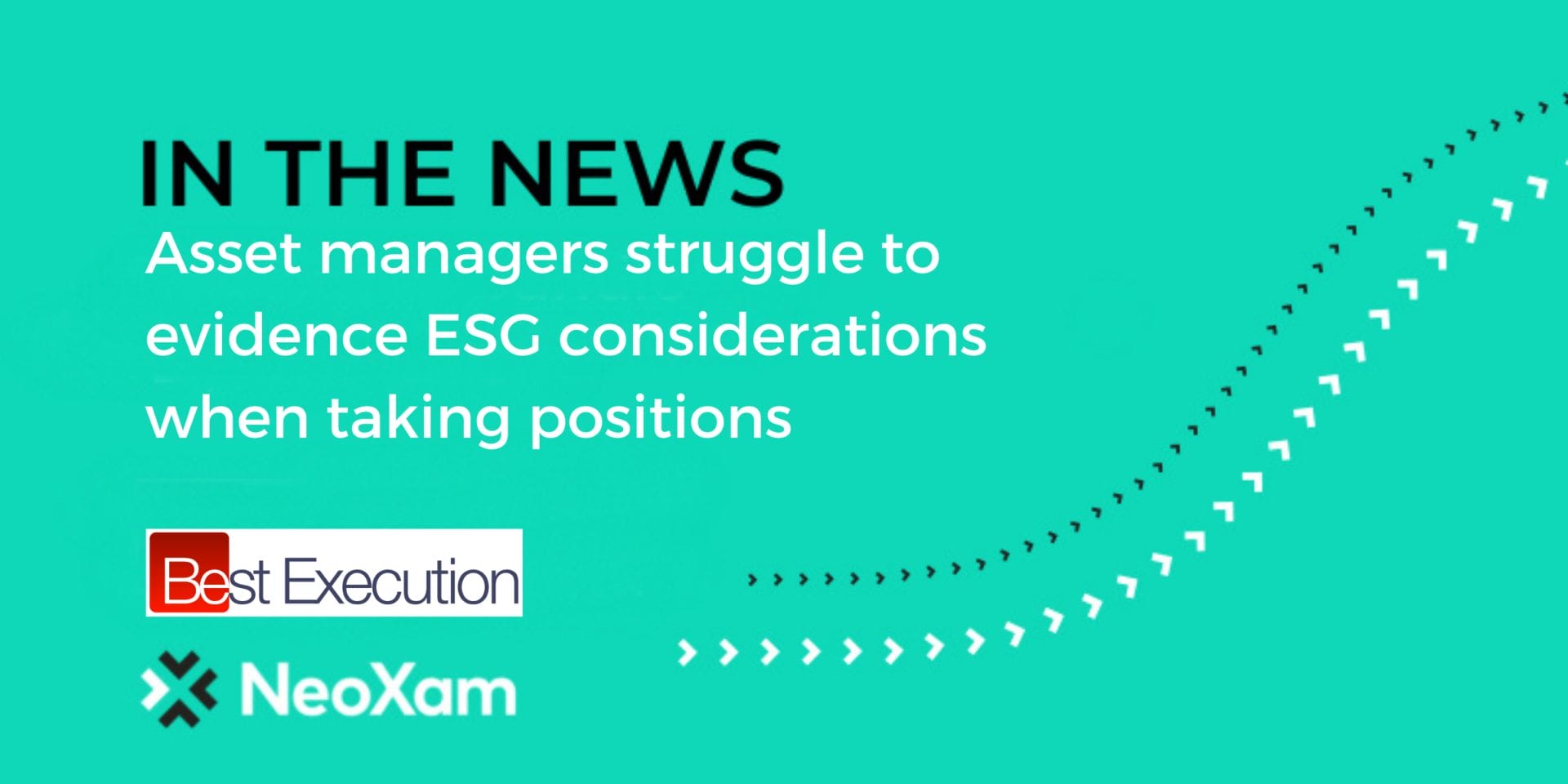
From: Best execution
Although 98% of fund managers have a firmwide environmental, social and governance policy and 80% employ dedicated ESG or sustainable investment staff, 43% are unable to provide a single example of a sell decision driven by an ESG view, according to Redington’s annual Sustainable Investment Survey.
This is up from 39% the previous year. The research, which surveyed 122 managers covering 232 strategies, also found an increase in the lack of ESG considerations in buy decisions with 35% unable to produce an example, compared with 26% last year.
Meanwhile only 57% hold an exit strategy for negative ESG performance.
Although managers are struggling to provide demonstrable evidence of ESG integration in their practices, 78% of equity and 84% of fixed income managers claim that environmental issues impact analyst recommendations.
Other findings included the number of managers aligning remuneration policies with sustainable investment metrics fell from 70% in 2021 to 62% this year.
However, Redington head of manager research, Nick Samuels, suggested that “perhaps the clearest indication that sustainable investment is truly integrated is if individuals are incentivised on it”.
He added, “We believe this approach has potential to drive significant progress, and so we hope to see a reversal in this downward trend next year.”
Samuels said that the most important things was “changing investment practices on the ground” and while it was “encouraging” to see managers making progress across philosophies, there is “a long way to go” to take actions that move the dial.
He added, “While we would expect to see some variation between ambition and action, how can managers really drive the change that is needed when so many are unable to evidence specific allocation decisions that were influenced by ESG factors this past year?” Samuels asked.
Kifaya Belkaaloul, Head of Regulatory at NeoXam notes, “The challenge that many asset managers are facing in implementing ESG strategies into concrete action is that they do not have access to the quality of data that is required to effectively assess the ESG implications of a particular investment.
Unless firms can find a way to get easy access across the business to the information that underpins ESG scores, buy side institutions are in danger of being unable to actually carry out ESG strategies.”


